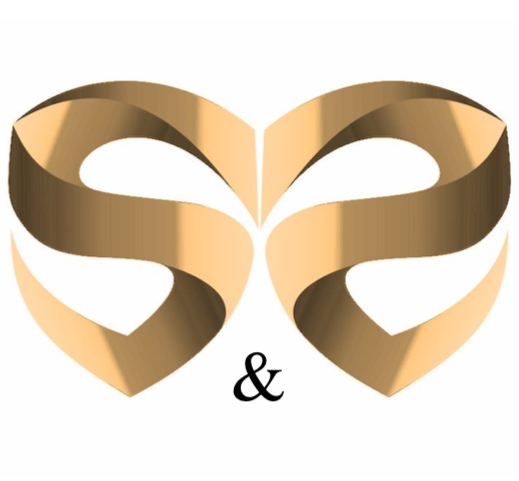Erotic literature, also known as erotica, has been a part of human culture for centuries. From ancient Greek and Roman texts to modern-day novels and short stories, erotic literature has always been a way for people to explore their sexuality and desires in a safe and consensual way. However, despite its long history and widespread popularity, erotic literature is often stigmatized and dismissed as mere pornography. In this article, we will explore the differences between erotic literature and pornography, and discuss why erotic literature should be considered a legitimate form of art and expression.
First, it’s important to understand the differences between erotic literature and pornography. Pornography is typically defined as visual material that is intended to arouse sexual desire. It often features explicit sexual acts and is designed to be filme pentru adulti romanesti consumed quickly and without much thought. Erotic literature, on the other hand, is written material that is intended to arouse sexual desire, but it does so in a way that is more subtle and nuanced. It often focuses on the emotions, thoughts, and sensations of the characters, and it can be just as enjoyable to read for its literary merit as for its erotic content.
One of the reasons why erotic literature is often stigmatized is because it is often associated with pornography. However, this association is based on a misunderstanding of what erotic literature is and what it represents. Erotic literature is not meant to be a substitute for real-life sexual experiences, but rather a way to explore and understand one’s own desires and fantasies in a safe and consensual way. It can also be a way to learn about different sexual practices and perspectives, and to broaden one’s horizons.
Another reason why erotic literature is often stigmatized is because it is seen as taboo. However, this taboo is based on outdated and puritanical attitudes towards sexuality. In reality, sexuality is a natural and normal part of the human experience, and there is nothing inherently wrong or shameful about exploring it in a safe and consensual way. Erotic literature can be a valuable tool for exploring one’s sexuality, and it should be treated with the same respect and consideration as any other form of literature.
Erotic literature can also be a legitimate form of art and expression. Like any other form of literature, erotic literature can be well-written, thought-provoking, and emotionally resonant. It can also be a way for writers to explore complex themes and issues, such as power dynamics, consent, and sexual identity. Furthermore, erotic literature can be a way for readers to connect with their own desires and fantasies, and to explore their own sexuality in a safe and consensual way.
In conclusion, erotic literature is a legitimate form of art and expression that should be treated with the same respect and consideration as any other form of literature. It is not meant to be a substitute for real-life sexual experiences, but rather a way to explore and understand one’s own desires and fantasies in a safe and consensual way. It can also be a valuable tool for learning about different sexual practices and perspectives, and for exploring complex themes and issues. By recognizing the value and legitimacy of erotic literature, we can create a more open and inclusive society that embraces sexuality as a natural and normal part of the human experience.


Commenti recenti